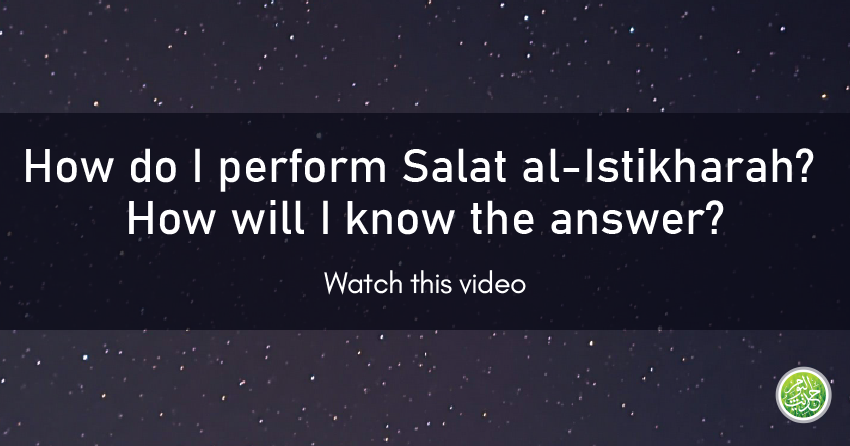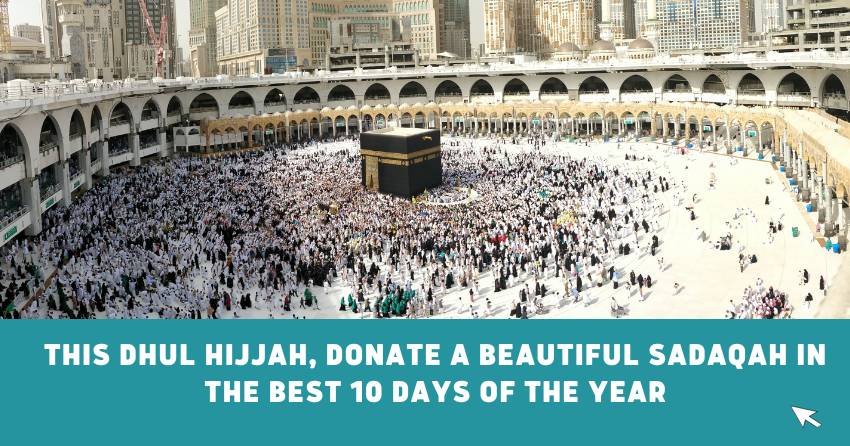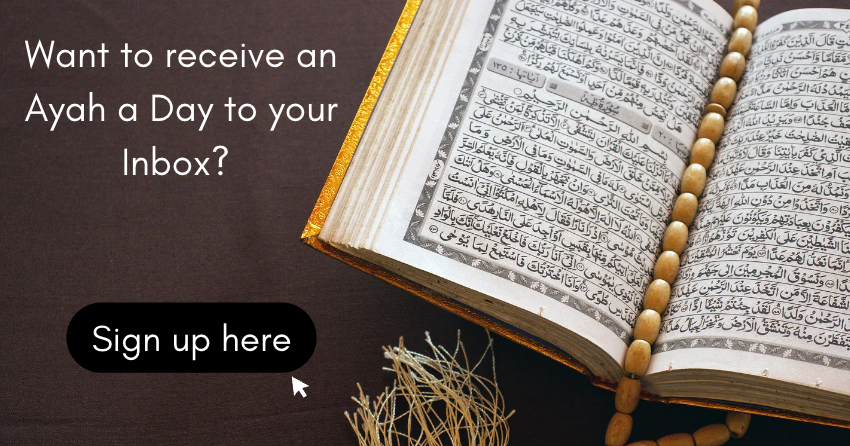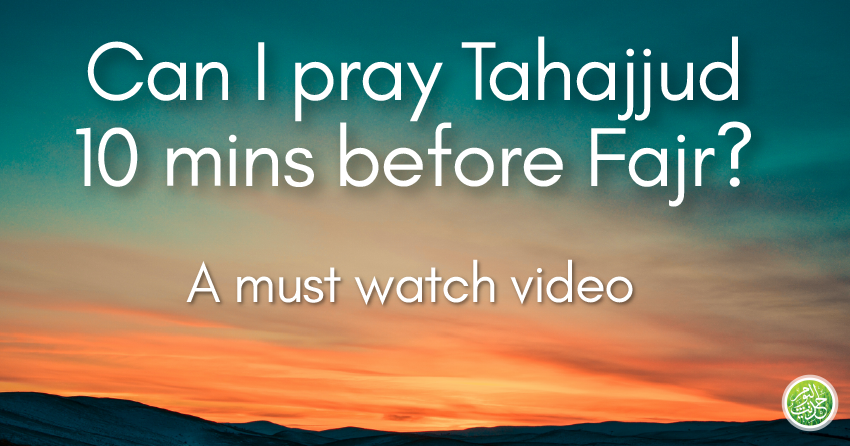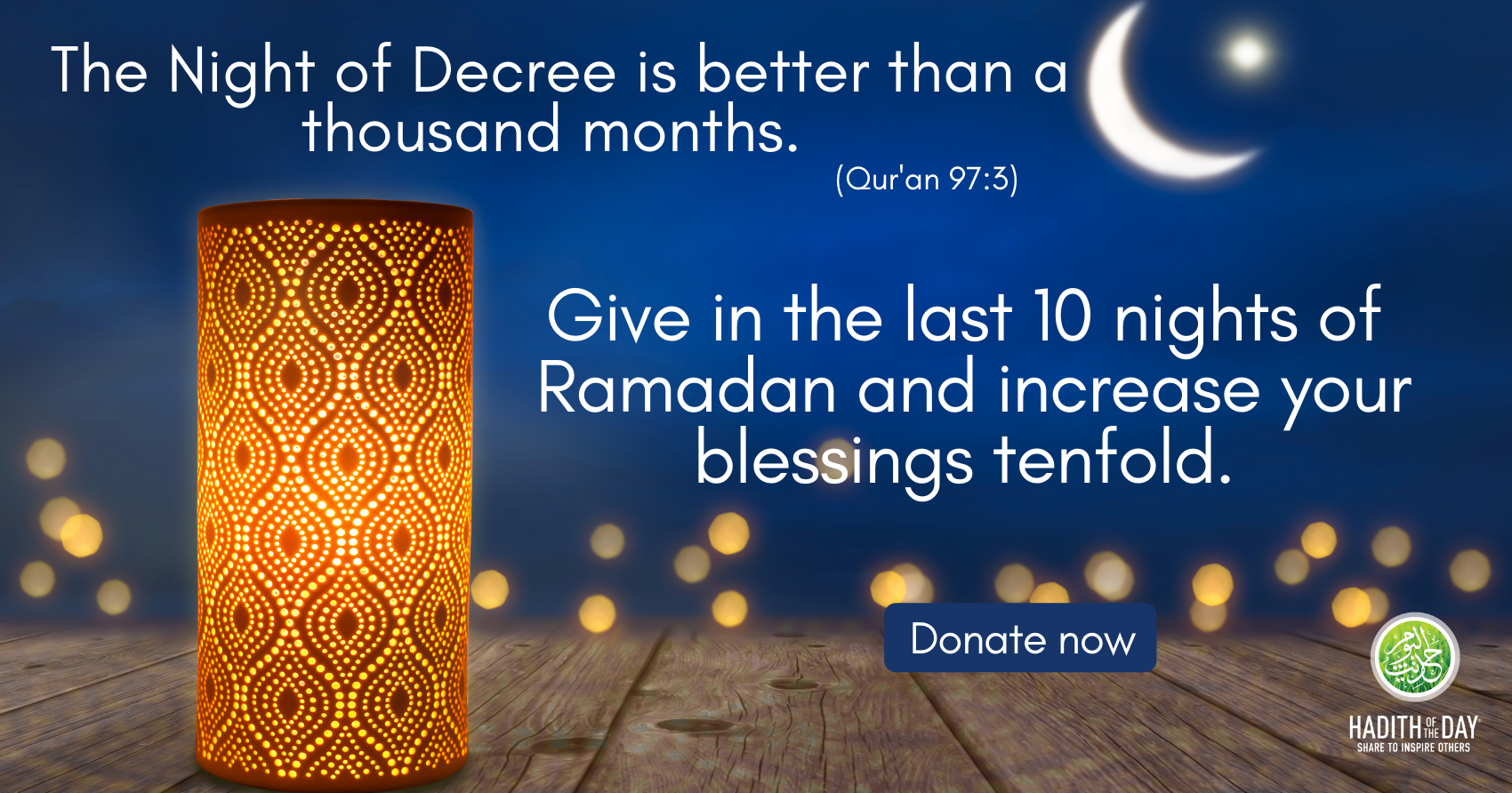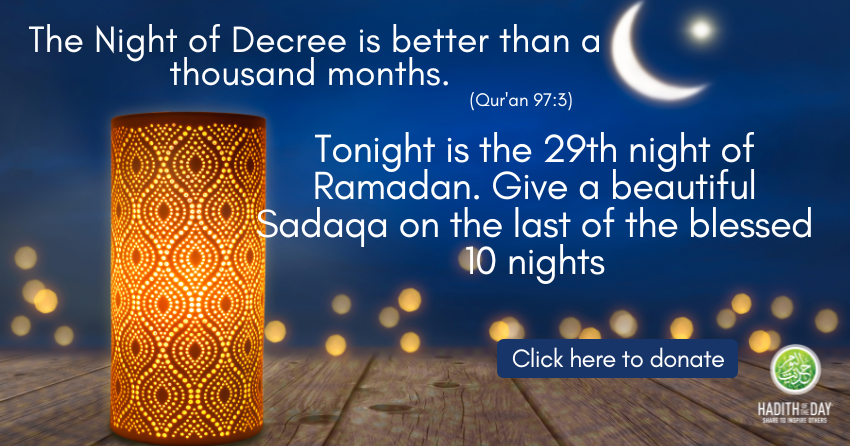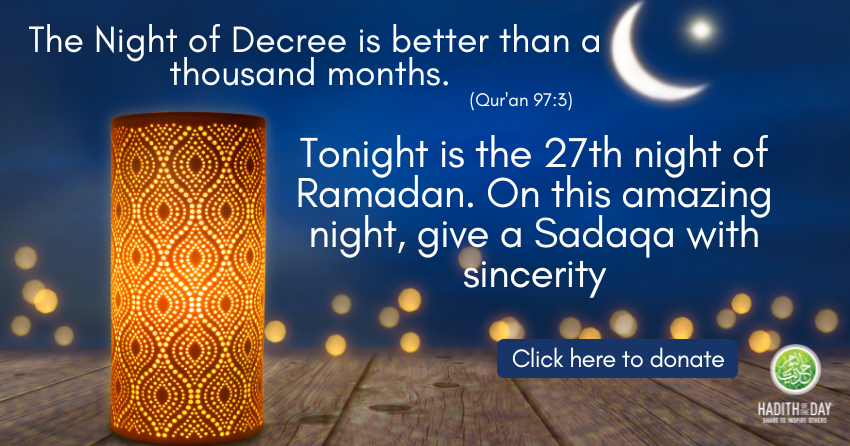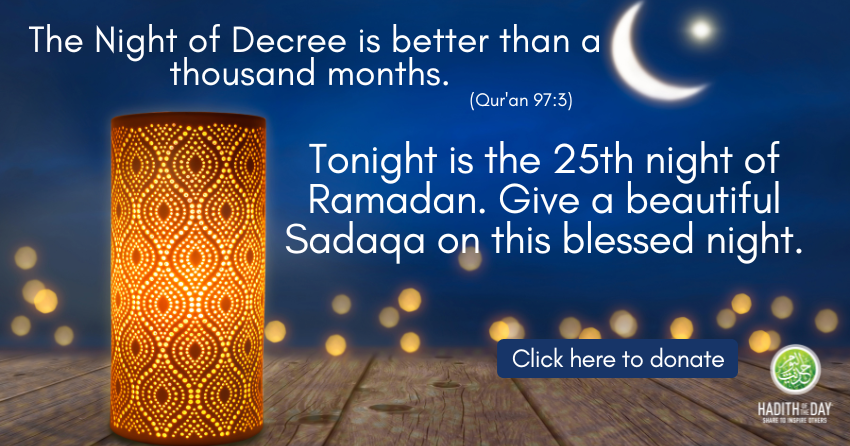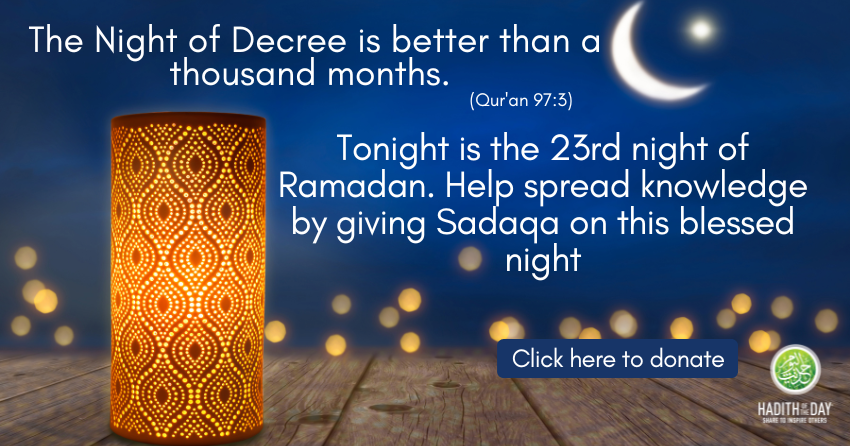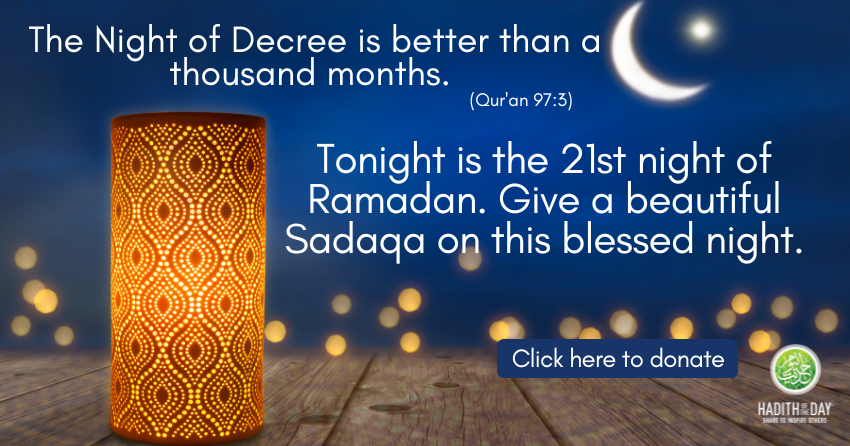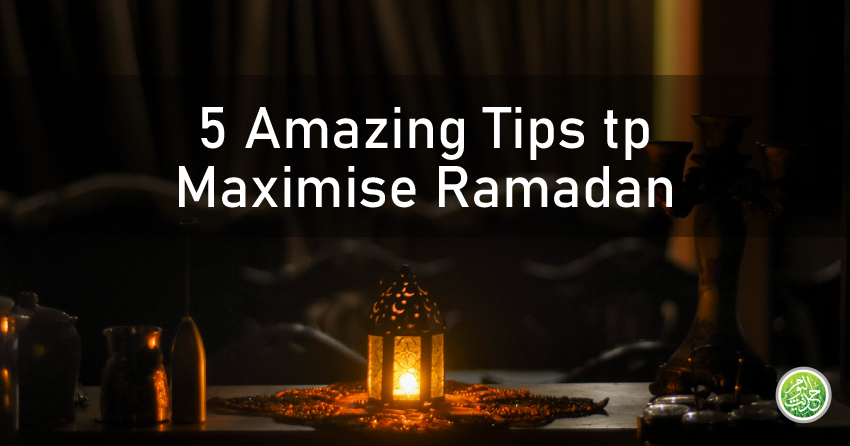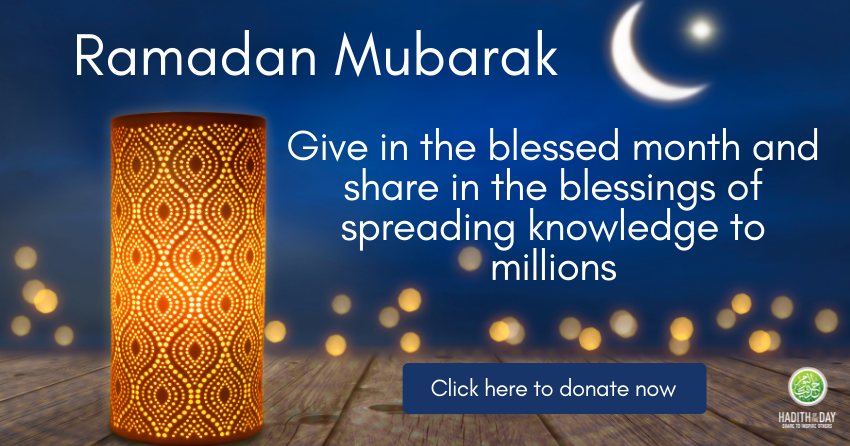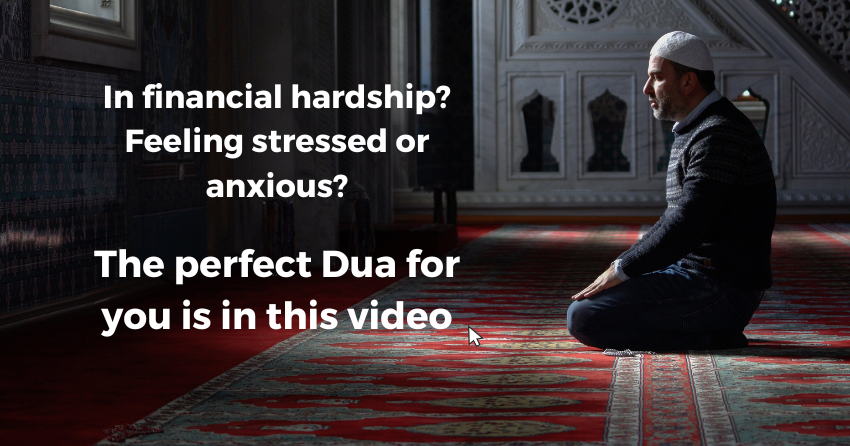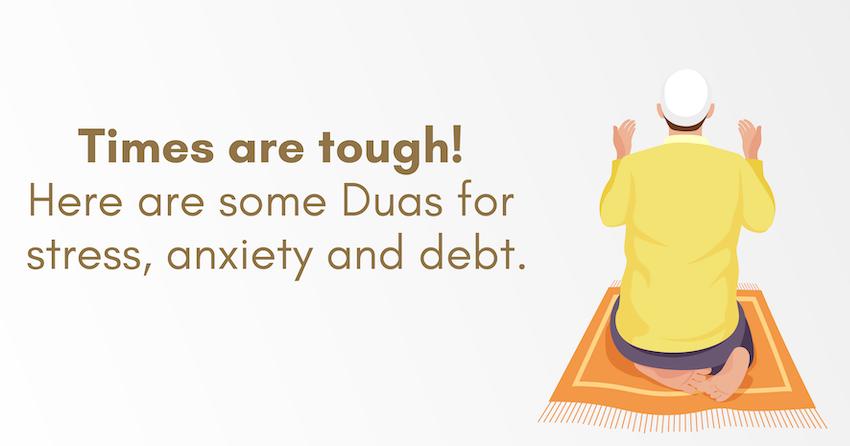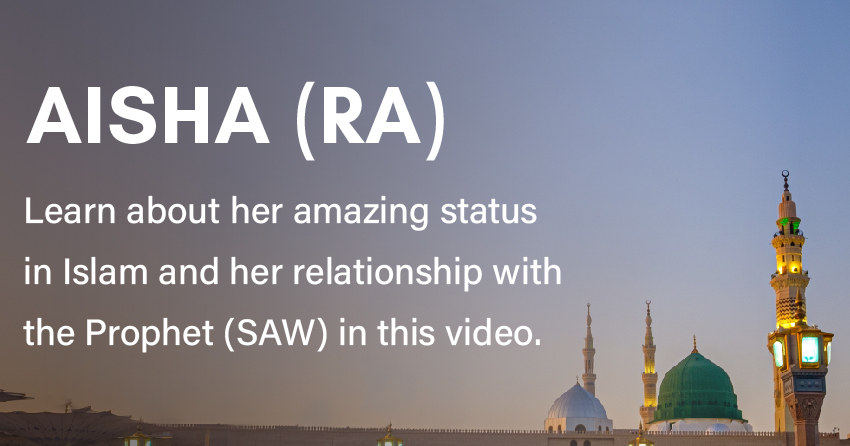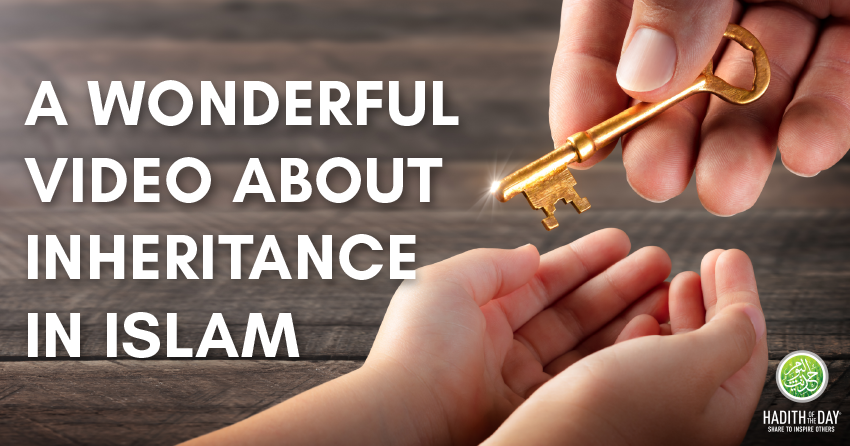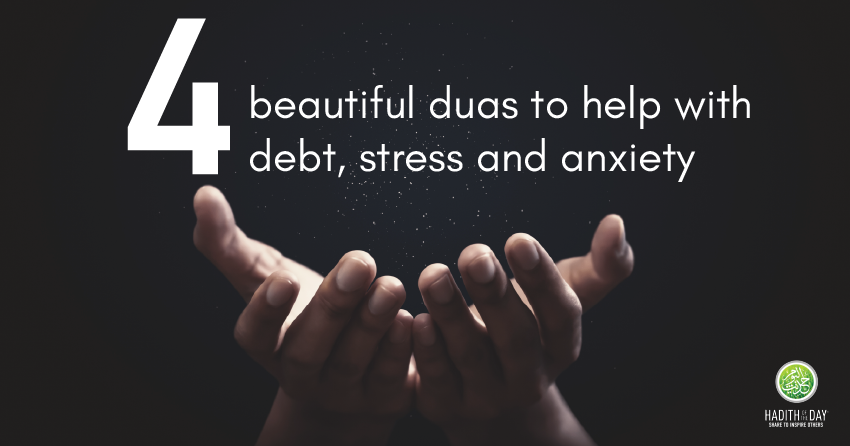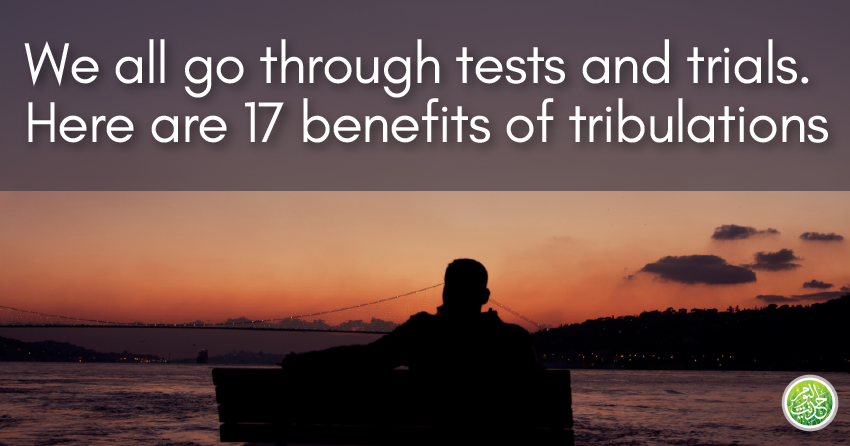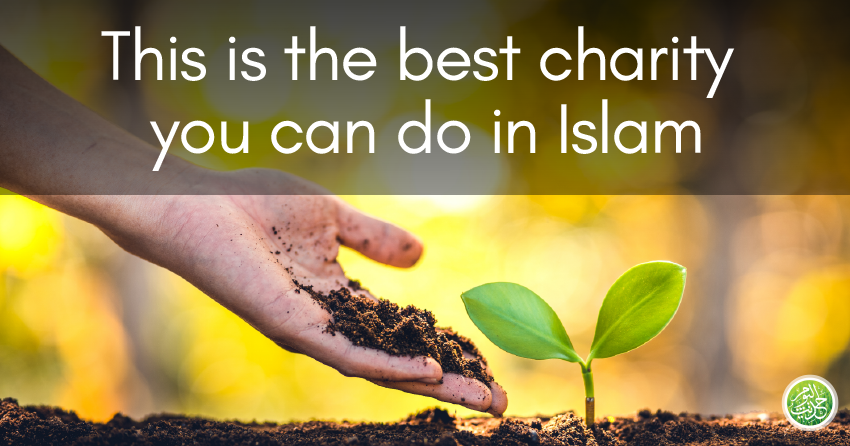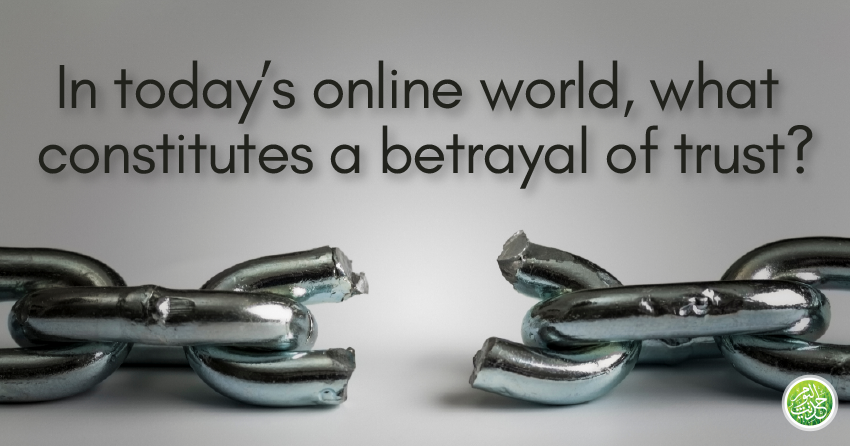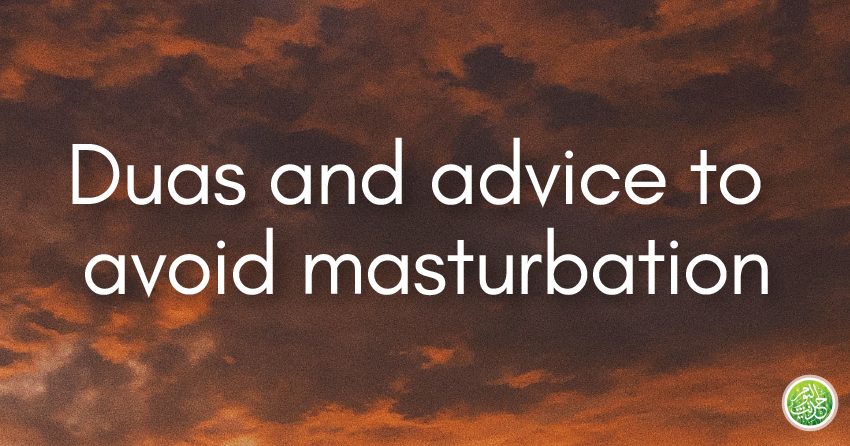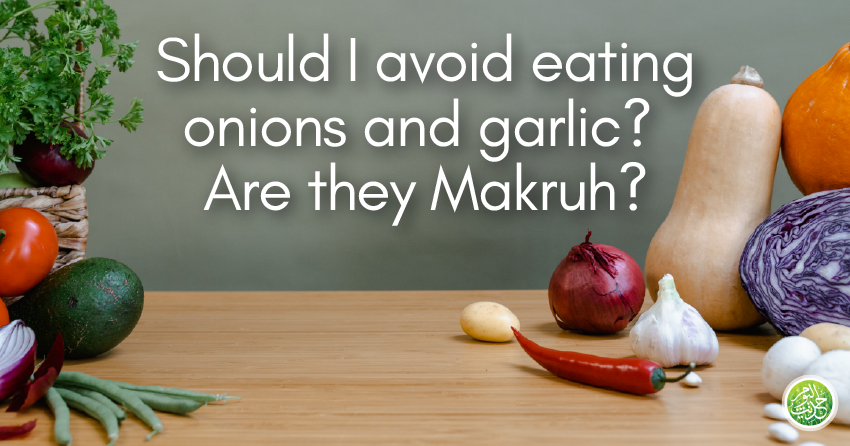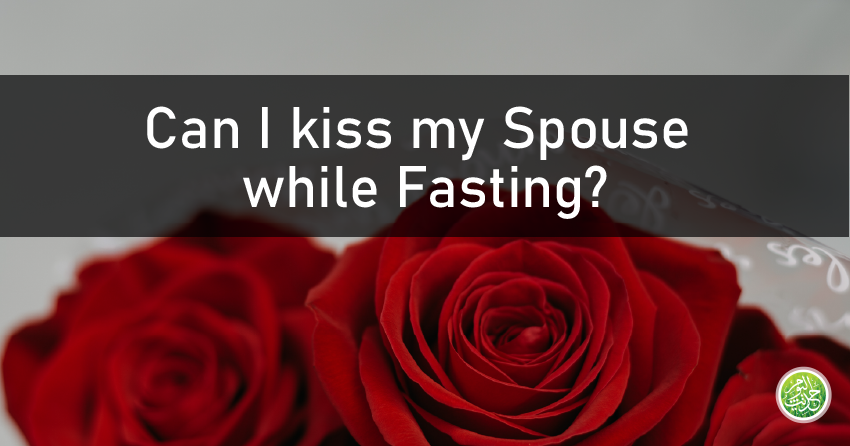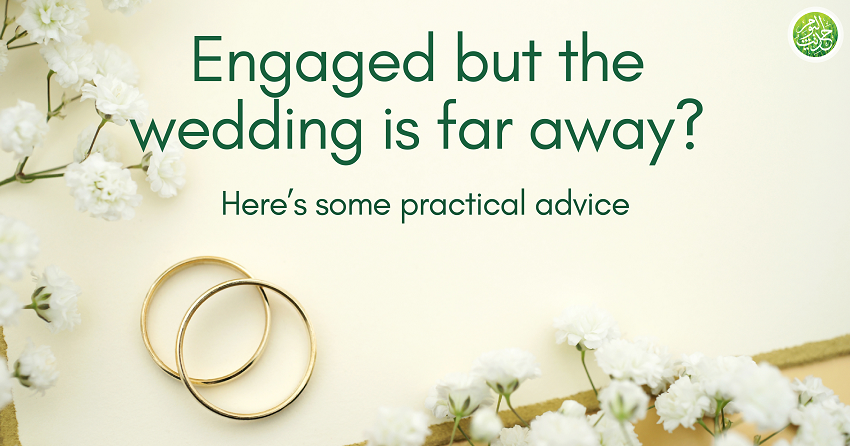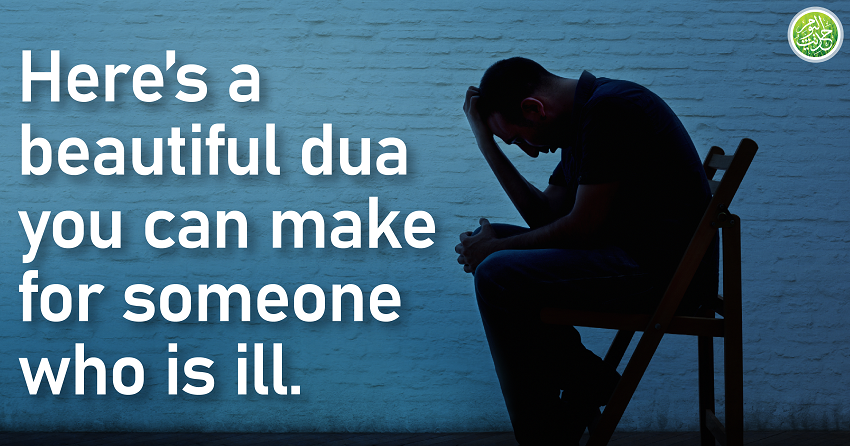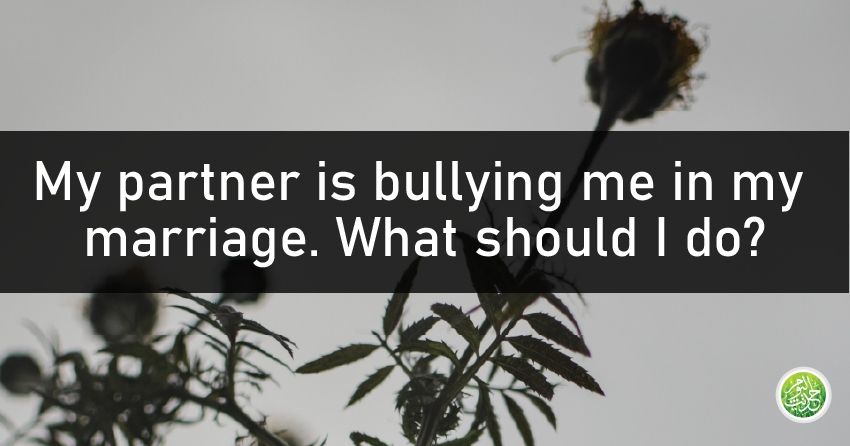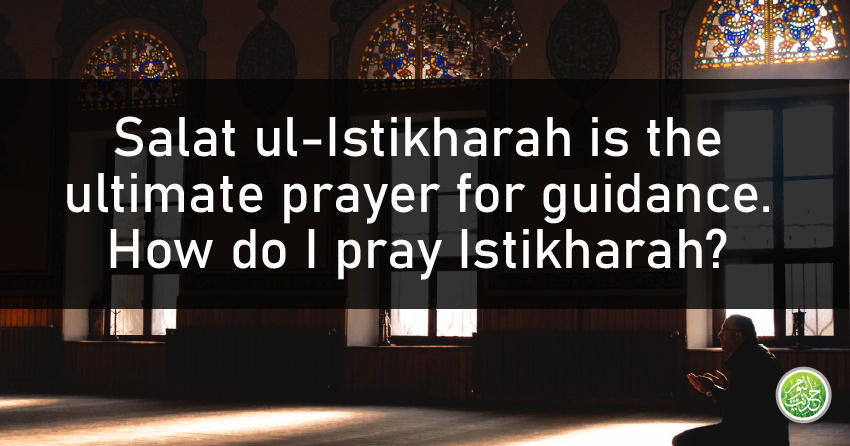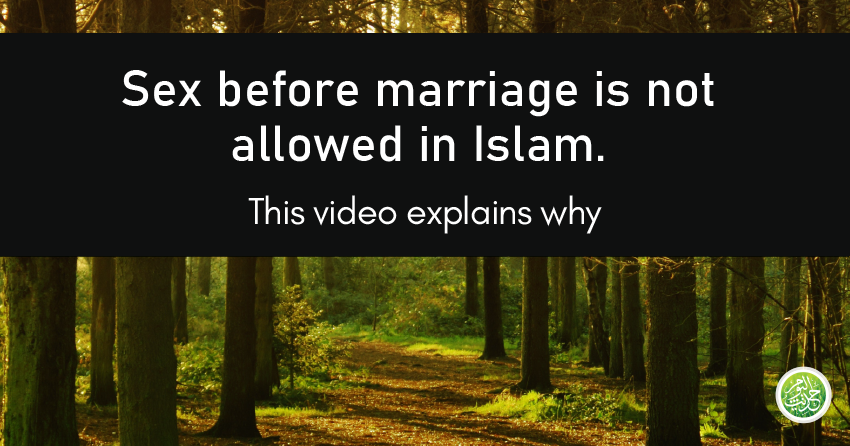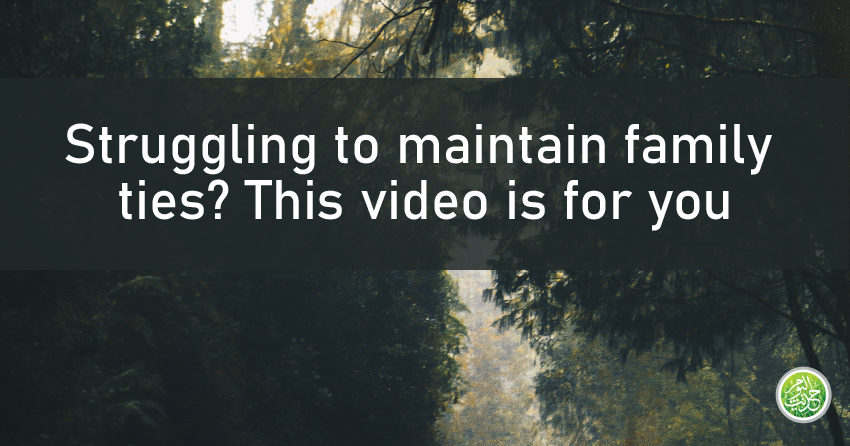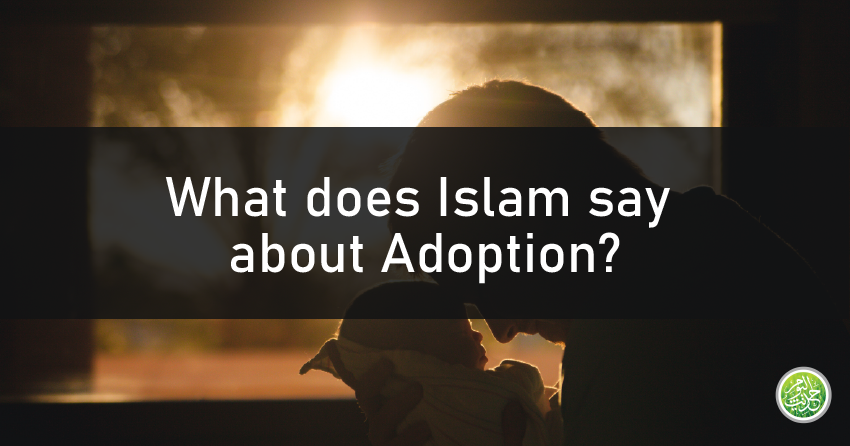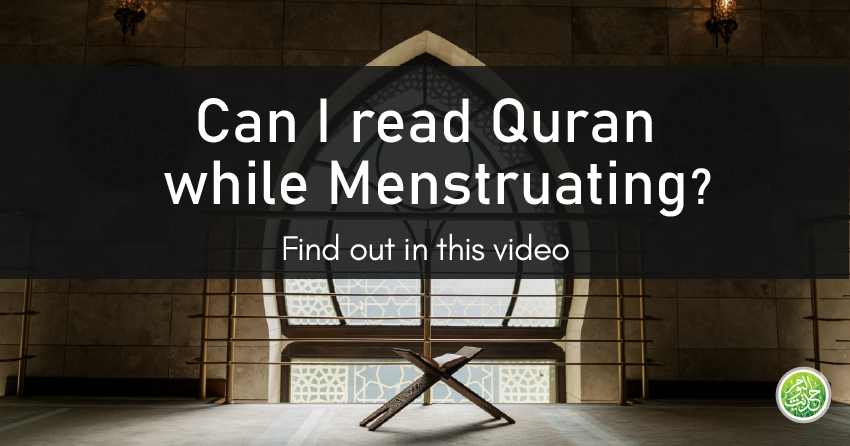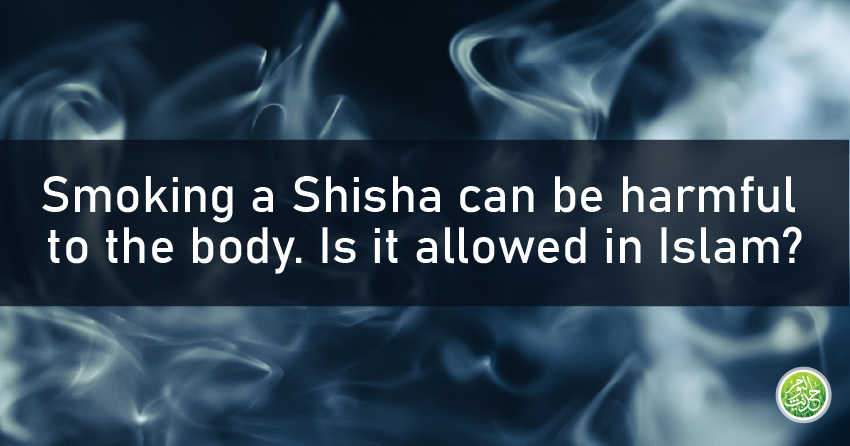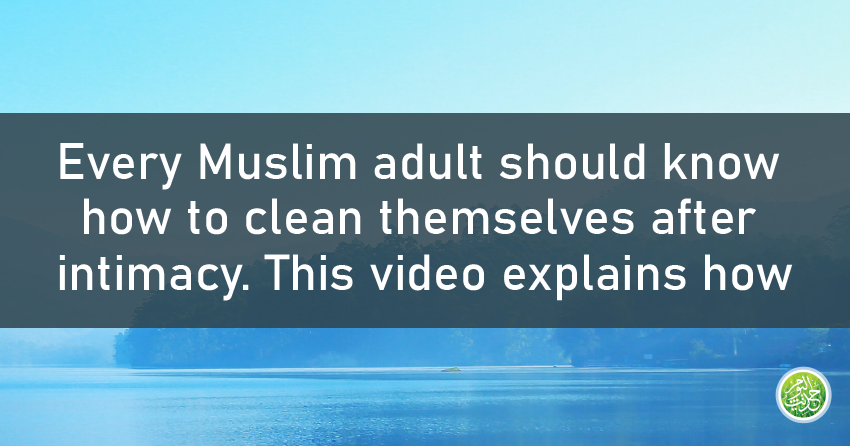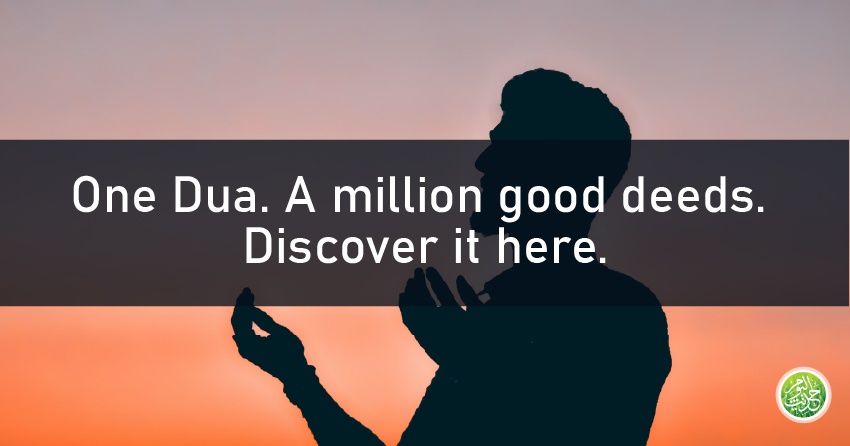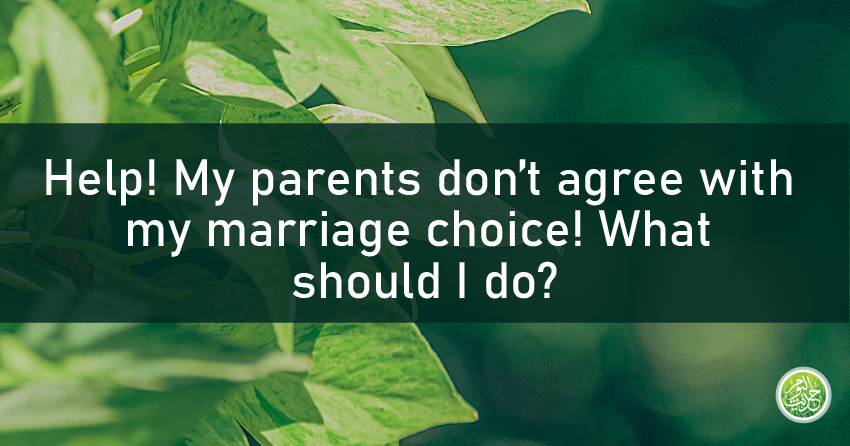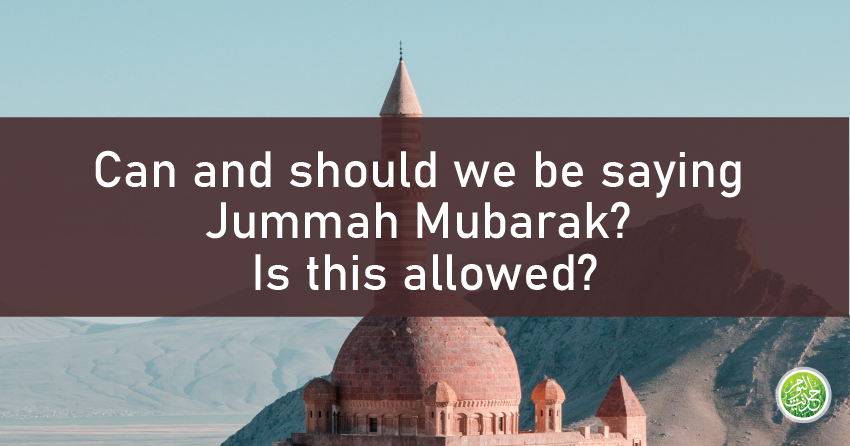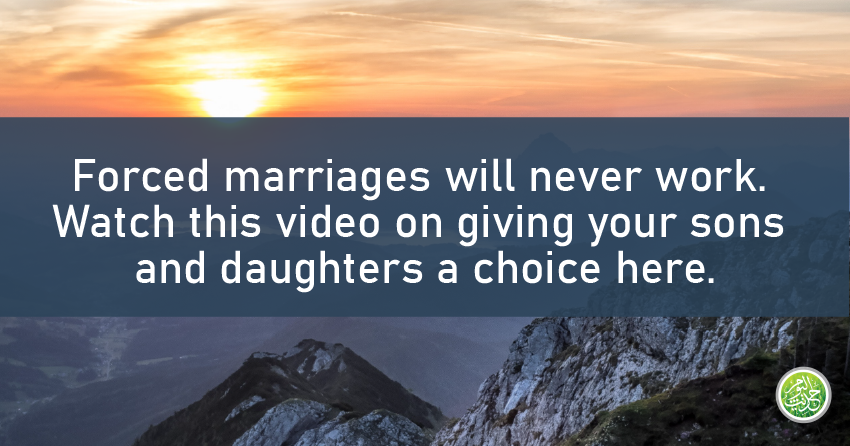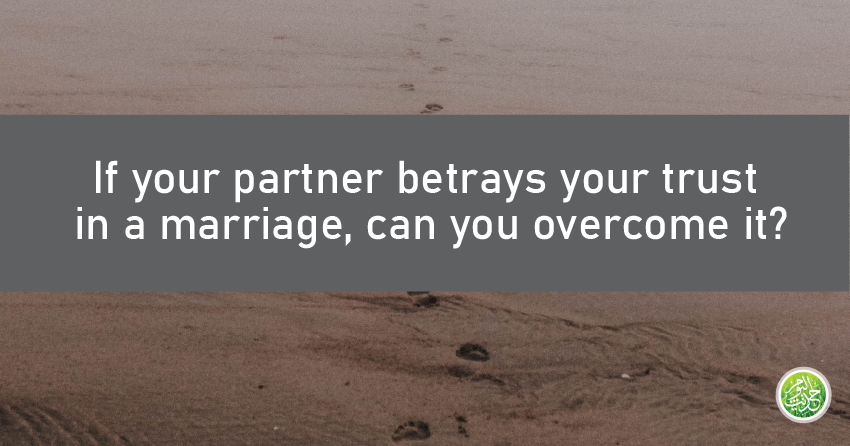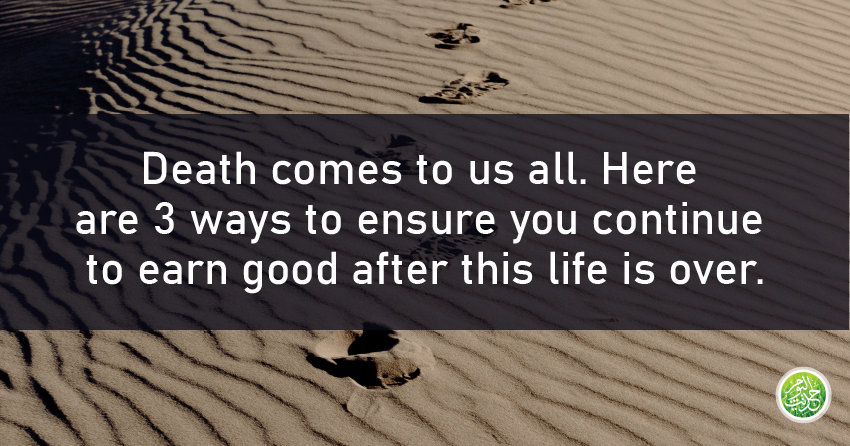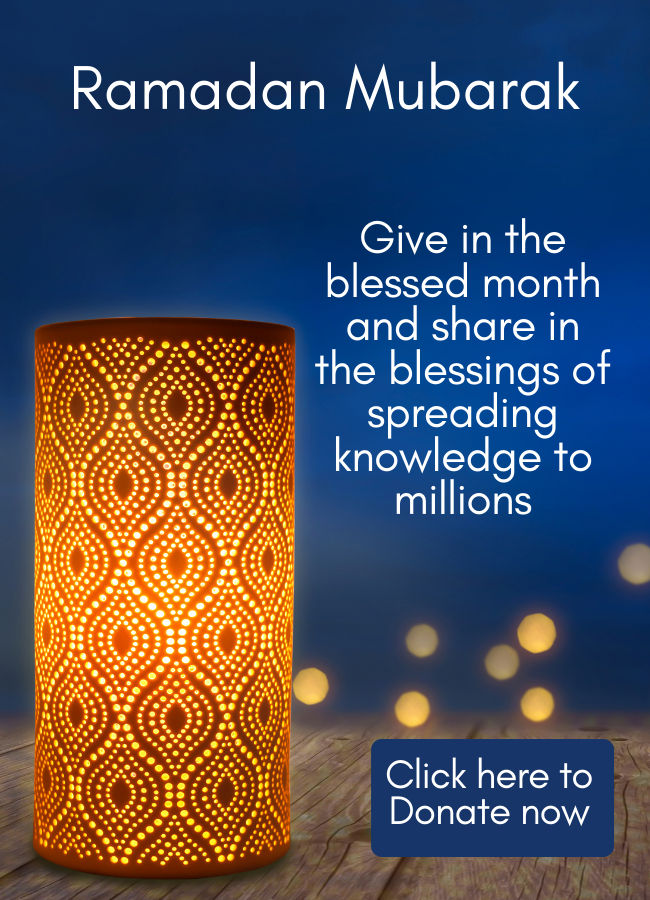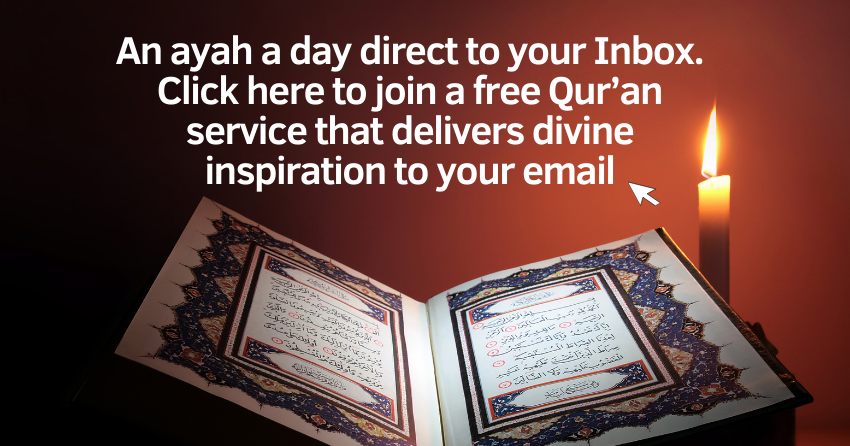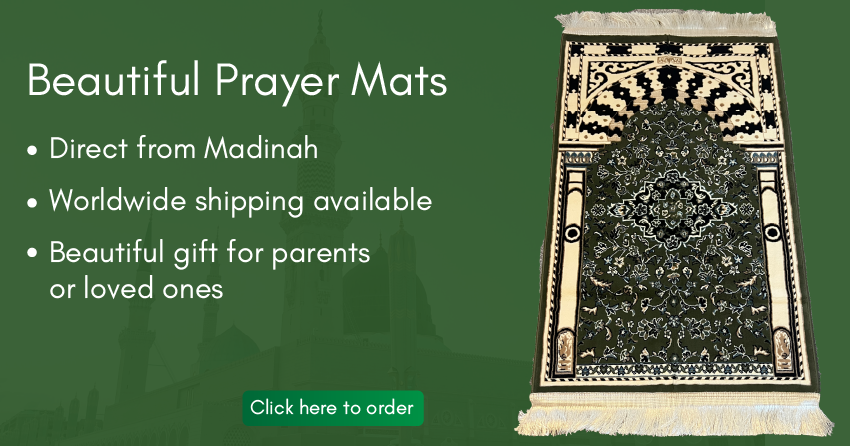The Boy and the King Part I
A Different Format
This story is also referred to as the People of the Ditch or the People of the Trench. The presentation of this story is unique because the conclusion is set out in the Qu’ran (Surah Al Burooj), but the main narrative of the incidents that unfolded is contained in a Hadith.
Not much detail was given on the location and timeline, nor do we know the name of the key people involved. Allah did not give us the detail, but what is important is the message that can be extracted from these incidents.
The People of the Trench are so elevated in the Qur’an that Surah Al Burooj begins with a promise from Allah by the location of the stars. Stars are powerful and fixed, and any change in the position of the stars or their precise orbit around the galaxy will unbalance everything else in the universe. When Allah promises by the stars, the gravity of such oath is extremely high. We are alerted that the following verses will contain significant and serious information. It also shows that even though the people involved are not Messengers or Prophets, the extraordinary actions of such normal people have an impact, and can attract the blessing or curse of Allah, depending which side they champion.
Surah Al Burooj states the curse by Allah upon the Companions of the Trench for their oppression against the believers, and the elevation of the People of the Trench for their faith and righteous deeds.
According to authentic Hadith, the story is about an anonymous boy. No specific references to his name or his village is mentioned. Allah wants us to understand that these details are not significant. The other characters are a pious hermit, a court magician (or sorcerer), a blind governor, the King and the villagers. Some Islamic historians have provided theories on their details, but we will not repeat them here because there are conflicting opinions on these. We shall instead emphasise the message and the lessons learnt from this story.
Surah Al Burooj only provides the ending of the story, and from it we understand that the believers are destined for jannah and the disbelievers are destined for jahannam:
“Indeed, those who have tortured the believing men and believing women and then have not repented will have the punishment of Hell, and they will have the punishment of the Burning Fire.” (Al Qur’an 85:10)
A Magician’s Apprentice
There was once a boy who was on his way to an apprenticeship with the King’s sorcerer. At this time, employment as the King’s sorcerer was a prestigious and lucrative position, but it involved corruption, dabbling in the dark arts and other dubious aspects related to the material life.
On the way to his apprenticeship, the boy discovered a pious hermit who had escaped the worldly life and had been secluding himself in a cave for some years. The hermit, according to some, used to be the close advisor to the King, but he was a believer and a pious man. He could not bear the corruption and the amount of kufr and shirk around him. When the King commanded everyone to worship and obey him, this man decided to sacrifice his worldly life, status and family to safeguard his faith rather than to be a part of any oppression or aggression against the people.
The hermit started teaching the boy about Islam. The boy studied Islam from the hermit in secret while in parallel, continued with his apprenticeship. The more he understood Islam, the more the boy became disheartened by the corruption, greed and love of the material world he witnessed in the King’s court. The contradictory forces between the beauty and purity of Islam against the enticements of the royal court, and by extension, the material world, placed the boy at a crossroads.
One day, the boy asked the old man why his teaching was the opposite of what the magician taught and the reality of what he saw. Where was the truth, and how would he know where the truth lay?
The hermit advised him: “If you are sincere seeking the truth, ask Allah to give you the truth, and you will see it. But once you see the truth, you have to follow it and be ready to do whatever it takes to support the truth.”
One day, a beast obstructed the road of the village, posing great danger and causing panic to the people. The boy saw this as the opportunity to solve his moral dilemma, and decided to discover once and for all which was superior – the knowledge of the monk or the magician.
The boy picked up a stone and made du’a to the effect that if the monk’s affair was dearer to Allah than the magician’s (i.e. where the truth lay), for Allah to cause the animal to die. He called the name of Allah and threw the stone, and with Allah’s will, the stone killed the animal.
At this point, the boy was convinced which path he was to take. He relinquished his dunia and started to spread Islam to those around him.
The boy relayed this incident to the monk, and the monk warned him that the boy had become superior to him and would soon face a trial.
The Trial Begins
Meanwhile, the boy began to treat the blind and began to cure various diseases amongst his people, by the name of Allah. He made sure that the people knew that Allah, and not he, was the healer, and he spread the seed of faith of Allah the Creator (the oneness of Allah).
Eventually, a blind governor from the King’s court, came to know about the boy’s ability, and consulted him. The boy said that if the governor were to believe in Allah, Allah would restore his eyesight. The governor confirmed his belief in Allah, and with the will of Allah, the boy supplicated for the governor and his vision was cured.
When the King asked how his eyesight was regained, the governor replied that it was from his Lord. This answer displeased the King immensely, for he rejected that there was any lord or deity apart from him. As a punishment, the governor was tortured until he revealed the details of the boy, and then later he was executed in the most brutal fashion.
The boy was summoned before the King. The boy explained that he did not cure anyone, but rather that it was Allah who did so. This explanation enraged the King, and the boy was then tortured and forced to reveal details of the hermit (who was then executed).
The King tried to kill the boy through various means, but he and his army failed repeatedly. He tried assassinating him with a sword, but the boy made du’a to Allah for the killer to be paralyzed. Allah accepted the supplication. Next, the King commanded a group of soldiers to throw the boy from the mountaintop. The boy supplicated, and Allah sent a strong wind which flung all the soldiers from the peak of the mountain, saving the boy.
Every time the King asked the boy who saved him, the boy replied “My Creator, I called Him and He saved me.” The King commanded another group of people to take him to the middle of the sea, tie a big rock to him, and throw him overboard. Again, the boy made du’a, Allah saved him from drowning, but drowned the rest of the crew.
All this time, the villagers were watching one botched up assassination attempt after the next. The boy kept explaining that his Creator, Allah SWT saved him. The number of believers kept increasing.
Written by Muslim Footsteps
http://www.muslimfootsteps.com/?q=theboyandtheking
Since You’re Here… we have a small favour to ask.
In these extraordinary times, millions rely on HOTD for daily uplifting & inspiring content. Established since 2009 and with your kind support we’ve seen readers elevate their Imaan & strive for better on a daily basis. We’re committed to keeping our content freely available and open for all readers. Every contribution, however big or small, makes a difference and help us spread knowledge to millions daily
HOTD is something special, it’s a place where people can come to be inspired, to renew their faith, to learn and share knowledge, to fall in love with our faith and also our Prophet (peace and blessings be upon him and his family).
All content on HOTD is free. We believe what we do in this life builds for the next one and we work tirelessly with the aim to please Allah and inspire the global Muslim community as
well as providing information and inspiration for anyone interested in Islam. We simply cannot do this without your support and your support helps us continue our services.
If there were ever a time to join us, it is now. You can support HOTD and help sustain our future. Support Hadith of the Day and make a one-off donation or give regularly from as little as £10 a month Jazak’Allah Khayr – whatever you donate will come back to benefit you Insha’Allah as whatever is spent in the way of Allah is an investment in the future and the next life. Thank you.





